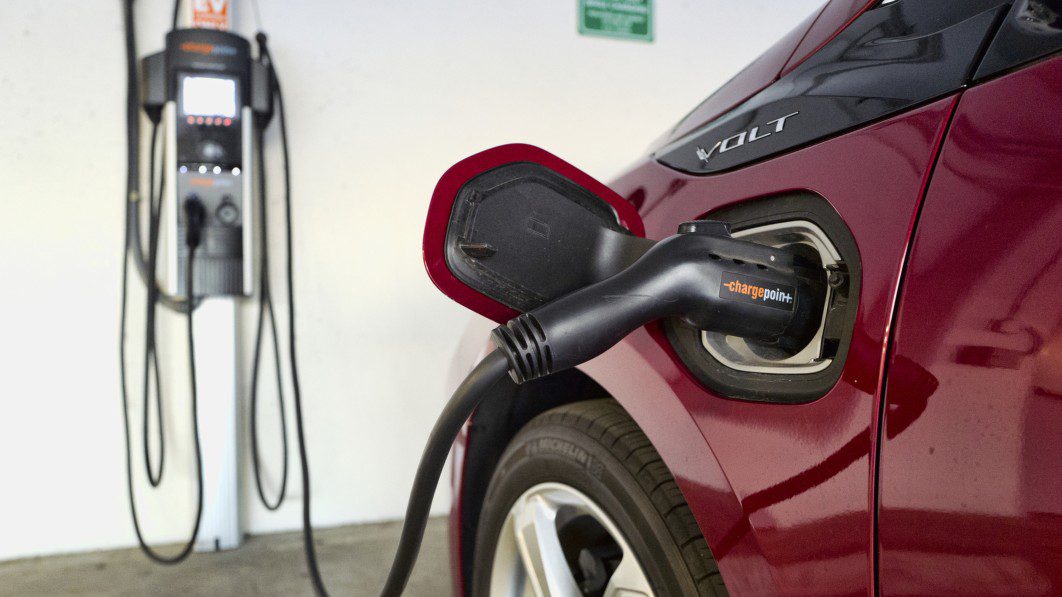Report: Charging, cost remain highest barriers to EV adoption

The majority of U.S. shoppers are at least open to the notion of electric vehicle ownership, Consumer Reports’ latest and largest-ever survey shows. Of the 71% who responded positively to the idea of buying a battery-electric vehicle, 14% said they would “definitely” buy or lease a new electric car if they needed one today — more than three times as many who said the same thing in 2020.
CR’s latest survey was conducted in January and February — largely prior to the first of two dramatic upswings in fuel prices we’ve seen so far in 2022. Even then, costs — both to purchase and charge — were cited by more than half of all respondents as a consideration influencing their decision. When asked which factors weighed heaviest in their decision, 33% noted the cheaper cost of charging relative to refueling, 31% cited lower lifetime costs, and 28% said lower maintenance costs.
“Among those who did not say they’d ‘definitely’ buy or lease an EV, the top three barriers are charging logistics, such as where and when they’d be able to charge it (61%), the number of miles the vehicle can go before needing a charge (55%) and costs involved with buying, owning, and maintaining an EV (52%),” CR’s summary said.
“Nearly half of Americans (46%) are unaware of the incentives available to purchase an EV,” CR said. “53% say tax rebates or discounts at the time of purchase would encourage them to do so. Many consumers can save thousands of dollars on the price of an electric vehicle with existing federal, state, and local incentives, such as power utility incentives.”
CR also surveyed respondents about their impressions of “drop-in” low-carbon fuels — fuels that would serve as direct replacements for gasoline or diesel in existing combustion engine designs. The results were fairly predictable; while 61% said that environmental impacts were important factors in their purchasing decisions, only 18% rated them “very important.” The other 43% rated them “somewhat important,” and 67% of respondents would use low-carbon fuels, all else being equal. The other 33% clearly don’t live in Iowa.
Related Video



